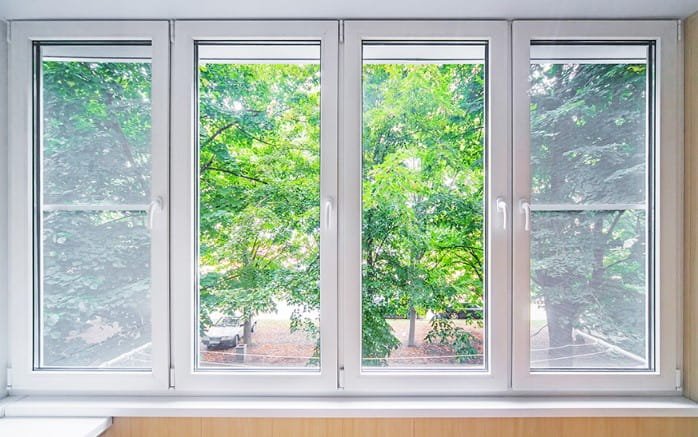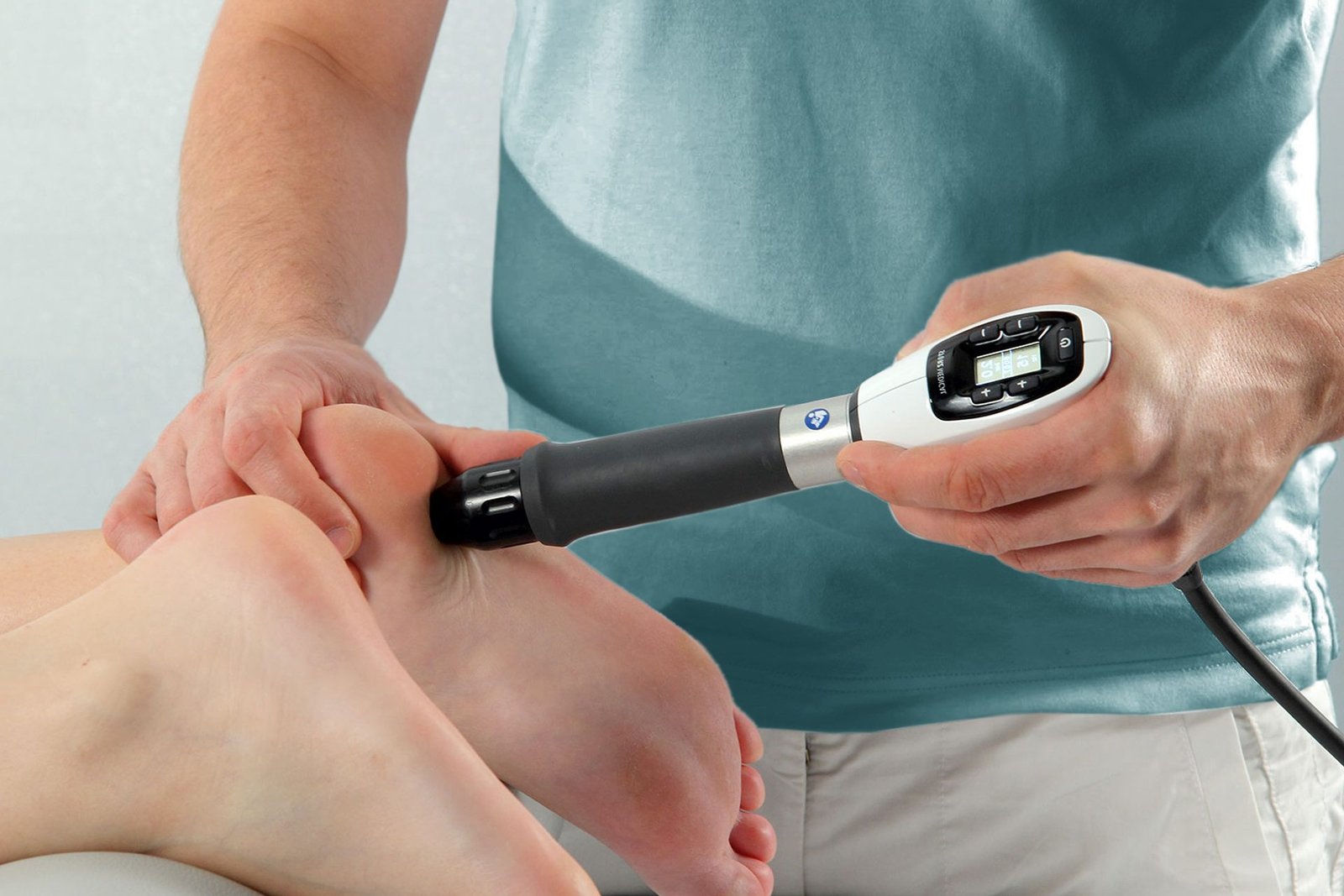
1. How do I know if my appliance needs repair or replacement?
Answer: Assess the age, cost of repair, and efficiency of the appliance. If the appliance is over 10 years old and the repair costs more than 50% of a new appliance, replacement is often recommended. Energy efficiency and frequency of repairs should also be considered.
2. What are the most common issues that require appliance repair?
Answer: Common issues include:
- Refrigerators: Not cooling, leaks, noisy operation.
- Washing machines: Not spinning, leaking, not draining.
- Dryers: Not heating, taking too long to dry clothes.
- Dishwashers: Not cleaning dishes, not draining, leaks.
- Ovens: Not heating evenly, not turning on.
3. Can I perform appliance repairs myself?
Answer: Basic maintenance and minor repairs, like cleaning filters or replacing light bulbs, can often be done by homeowners. However, complex repairs involving electrical components, gas lines, or intricate mechanical parts should be handled by professionals to avoid injury or further damage.
4. How often should I service my appliances?
Answer: Regular maintenance can prolong the life of your appliances. Generally, service your appliances:
- Refrigerators: Every 1-2 years.
- Washing machines and dryers: Annually.
- Dishwashers: Annually.
- Ovens and stoves: Every 1-2 years. Regularly check manuals for specific maintenance schedules.
5. What should I do if my appliance is under warranty?
Answer: If your appliance is under warranty, contact the manufacturer or the retailer where you purchased it. They can provide authorized service centers and might cover the repair costs. Attempting DIY repairs might void the warranty.
6. How can I improve the lifespan of my appliances?
Answer:
- Follow manufacturer maintenance guidelines.
- Keep appliances clean and free of debris.
- Do not overload washing machines and dishwashers.
- Regularly defrost refrigerators and freezers.
- Address minor issues promptly to prevent major problems.
7. Are there any warning signs that indicate an appliance is about to fail?
Answer: Common warning signs include:
- Unusual noises or vibrations.
- Increased utility bills.
- Leaks or pooling water.
- Inefficient performance (e.g., refrigerator not cooling adequately, oven not heating properly).
- Frequent cycling on and off.
8. How do I find a reliable appliance repair service?
Answer:
- Check reviews and ratings on trusted sites like Yelp, Angie’s List, or Google Reviews.
- Ask for recommendations from friends and family.
- Ensure the repair service is licensed, insured, and offers warranties on their work.
- Get multiple quotes to compare prices and services.
9. What are the typical costs associated with appliance repair?
Answer: Costs vary by appliance type, the complexity of the issue, and your location. Generally:
- Refrigerator repairs: $200-$400.
- Washing machine repairs: $150-$350.
- Dryer repairs: $100-$300.
- Dishwasher repairs: $150-$300.
- Oven repairs: $100-$400. Always get a detailed estimate before proceeding with repairs.
10. Are energy-efficient appliances worth the investment?
Answer: Yes, energy-efficient appliances can reduce utility bills and are better for the environment. While they may have a higher upfront cost, the long-term savings and potential rebates or tax incentives often make them a worthwhile investment.
11. What should I do if my appliance stops working suddenly?
Answer:
- Check the power supply and ensure it’s plugged in.
- Inspect circuit breakers or fuses.
- Look for reset buttons or tripped breakers on the appliance.
- Consult the user manual for troubleshooting tips. If these steps don’t resolve the issue, contact a professional repair service.
12. Can appliance repairs be covered by homeowners insurance?
Answer: Standard homeowners insurance typically doesn’t cover appliance repairs due to normal wear and tear. However, it might cover damages caused by sudden and accidental events, like a power surge. Check your policy details or consider an extended warranty or home warranty plan for broader coverage.
By addressing these FAQs, homeowners can better understand the intricacies of appliance repair, ensuring informed decisions and proper maintenance of their household appliances.






